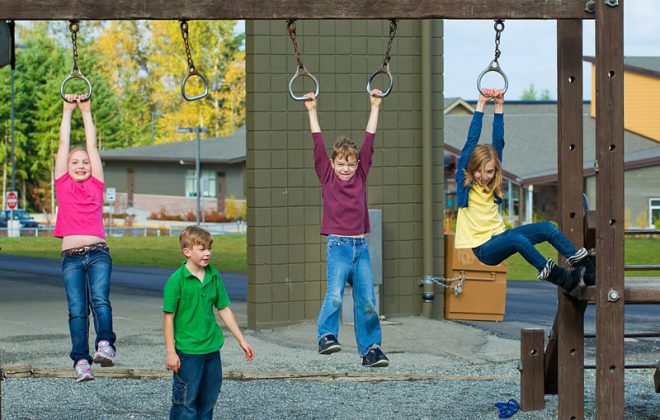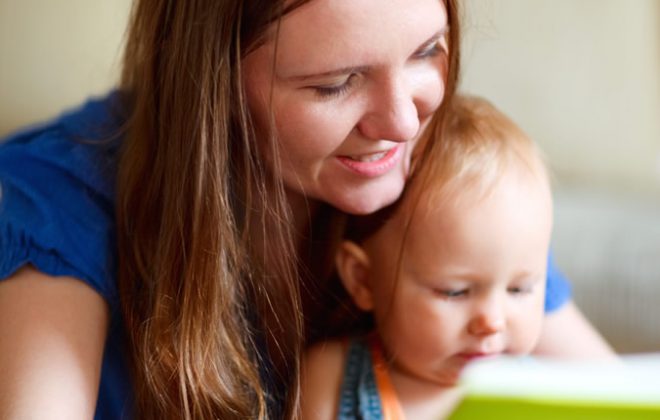Ep10 – Parental baggage and expectations
My husband and I have really clashed about how we deal with Tom when he misbehaves. I really didn’t see this coming, we hardly ever fought before we had a child. He was brought up very old school, and finds it hard when Tom doesn’t do what he is meant to. I am the opposite, but then he thinks I am being too soft and Tom will end up spoilt.
Recently, we have had a few really good chats about this and opened up to each other about what our attitudes are. He is becoming more accepting of Tom, but I have also had to change. I need to remind myself that Tom doesn’t have to be good at everything. Since we started talking more, there has been less fights, which I am really glad about, especially because I was worrying that all Tom was seeing was his two parents shouting at each other.
Key points
- Parents – know your own temperament.
- Raising children is so much about modelling, and we are all the products of our own parents’ modelling.
- Pitch our expectations of our children carefully and realistically
The temperament of parents
I have discussed the different temperaments of babies; it’s only fair that we also discuss our own temperaments. What sort of person are you? We ourselves are also products of genes+experience. Are you a ‘difficult’ or ‘easy’ parent?
In regards to experience, let us go back in time… earlier I mentioned psychological crap in parents and how it can impact on parenting. Actually, often it is not crap, just, well, baggage. We all have it. Sorry, but it’s true, although we’re often unaware of it.
How were you raised?
What do you think about concepts like communication, emotional sharing, and the biggie, DISCIPLINE? (We will get to this one later). How did your own parents approach these issues, and how many of their attitudes have been passed onto you? (We often tend to parent the way we have been parented ourselves.)
How was your partner raised?
Are you aware of what baggage your partner carries with respect to child rearing? How do your two piles of baggage match up? Have you even talked about this stuff? We’re e often not aware of our parenting baggage, or that of our partner, until it raises its head after we have had children.
Figure out what we are about
Clearly, there is a lot to talk about. And, equally clearly, this is something that is often not talked about. This is really a big deal. Raising children is so much about modelling, and we are all the products of our own parents’ modelling.
We are also, when it comes to parenting, often full of misconceptions. As the wonderful opening line in How to Talk so Kids will Listen and Listen so Kids will Talk’ by Adele Faber and Elaine Mazlish puts it:
I was a wonderful parent before I had children.
So, the effect of our blueprint can be very strong. This effect can come through more profoundly when we are stressed too — when we lose it. This is often when we start to act like ‘It’s all about me..’
We should first try and figure out what we are about, before expecting our young novice to understand us. Sounds like time for another audit: know thyself — if you analyse your own parenting blueprint you can often predict likely flashpoints now that you’re the one in charge.
For example, if you were brought up by a strict ‘children should be seen and not heard’ disciplinarian you may struggle with the assertive kids of today. Modern children are not badly behaved, (in fact their assertiveness probably has an upside, making them less vulnerable to sexual abuse) but they are more outspoken than in the past, and if you adopt an old- school parenting style it’s likely to lead to clashes.
In other words, we don’t necessarily have to be ruled by our past. Some self-reflection and analysis can help us make more considered decisions and get that warmth+guidance thing going. We can’t change our past, but we can change how we view it and how it affects our behaviour now.
Expectations
I mentioned before that we should not expect ourselves to get this perfectly correct. Overcoming baggage can be very difficult at times. I should know!
Aim for ‘good enough’, to be worthy of the title mother or father, but not shooting for Mother / Father of the Year.
A fundamental part of this baggage is likely to be our expectations for our child. We have to pitch our expectations at the right level for things to work out well. Over-expecting can make our kids feel inadequate and under-expecting can lead to them being indulged (and affect their self esteem). If there is a mismatch between what they can do (or realistically learn how to do) and what we expect, we have three options;
- Accept them as they are, and adjust our expectations accordingly (this may be hard!)
- Judge them (they will pick up on this)
- Blame them (‘you’re doing it on purpose to annoy me’)
Clearly the first option is preferable, so we have to pitch our expectations carefully and realistically. We also need to consider what kind of expectations we have. One thing is for certain:
high achievement is NOT the same as best outcome
That is not to say having a high achieving child is a bad outcome. High achievement’ and ‘best outcome’ are just different things. Different children should aim for different types and levels of achievement. We should want our child to be the best all round person they can be, not an award winning something-or-other pre-determined by us. (This is where you get the situation of a parent living out their own fantasies through the forced achievements of their offspring. Linger beside a kid’s football field one Saturday and you’ll likely see a few dads who are guilty of this. )
Modelling
The last thing we need to consider with regard to our own behaviour is modelling. You will hear me talk about modelling a lot through future blogs.
- How and what do you (and your partner) model to your child?
- Are our expectations for our child different to the behaviours and attitude we are modelling to them?
- Do we show respect for others, an ability to control ourselves when faced with a stressful situation, a good work ethic, a concern for social issues etc etc?
- What behaviours and attitudes do we want to model and are these much the same as our partner’s?
If there are particular challenges facing a family (such as sickness, death, financial issues, substance abuse or mental health issues), then modelling how to react sensibly to these challenges is important.
This is especially so for marital issues.
If you are experiencing marital problems, or your partner has a markedly different attitude to parenting to you (despite best efforts to reconcile this), the best way to approach this situation is to lead by example (do what you think is correct— which means you are modelling to your partner as well as your child, try to keep the communication lines open and hope your partner will come around to your way of thinking (assuming it’s reasonable, that is).





